NSW Police figures reveal shock decline in police roadside breath test rates, courts convict fewer motorists of drink-driving
Frontline police shortages have resulted in a shock drop in the number of roadside breath tests carried out in NSW, as courts convict fewer motorists of drink-driving offences.
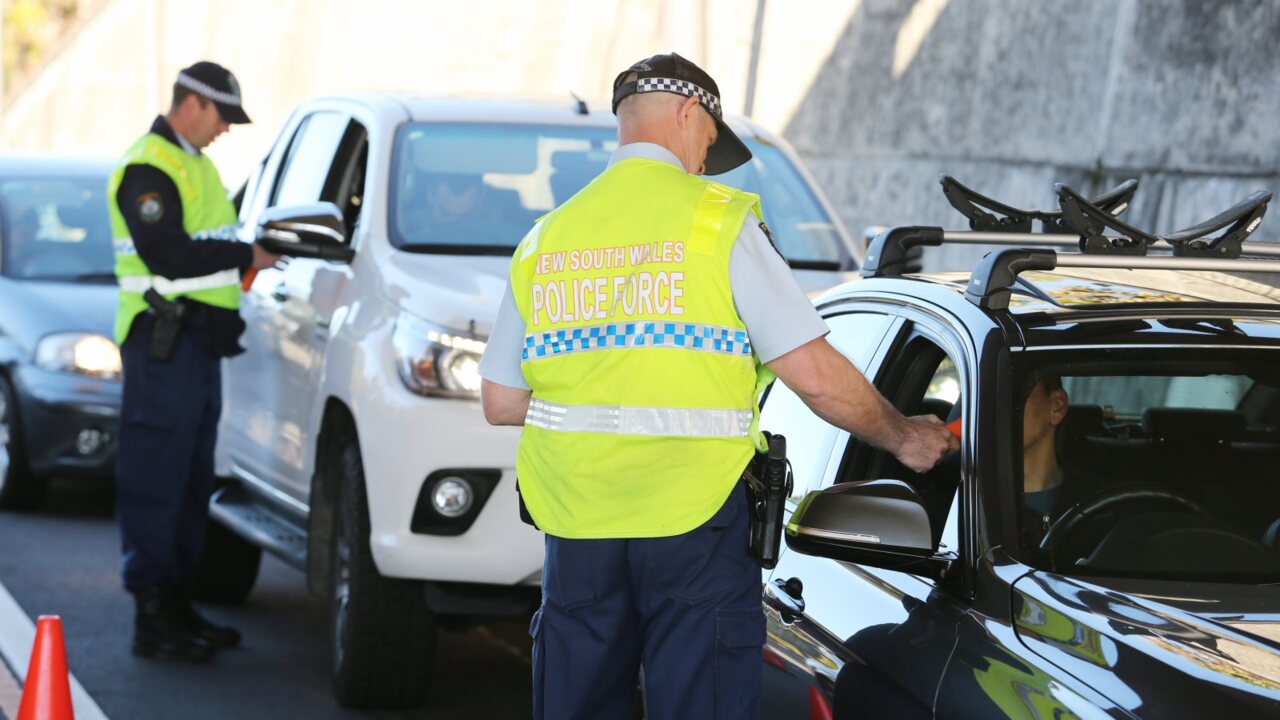
Local
Don't miss out on the headlines from Local. Followed categories will be added to My News.
The number of roadside breath tests is dropping in NSW, fuelled by a frontline police shortage that has sparked concerns over implications for the state’s worsening drink-driving road toll.
New police statistics have revealed 2.6 million breath tests were carried out in NSW between January and October 2024, down 10 per cent when compared to monthly average figures from the previous year.
The figure also represents a decrease of 17 per cent when contrasted with monthly averages from 2022.
While the father of three children killed by a drunk-driver expressed concern about the message the statistics sent to the public, police rejected the comparison, indicating the busy festive period would boost the overall numbers for 2024 when figures for November and December became available.
This masthead can reveal the latest numbers in the midst of a peak period for NSW motorists, as many thousands of drivers hit the road over the festive holiday season.
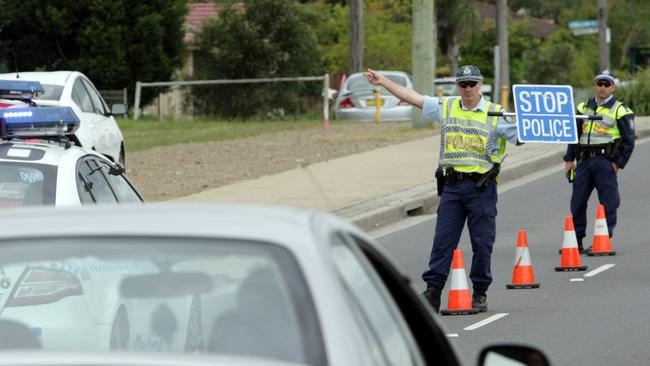
The declining rates have been partly attributed to staff shortages across multiple police districts, which have left officers “too understaffed” to carry out roadside breath-testing duties.
In some areas, tests have been forgone during at-risk periods, such as Friday nights and weekends, to ensure staff can respond to other emergencies at the same time.
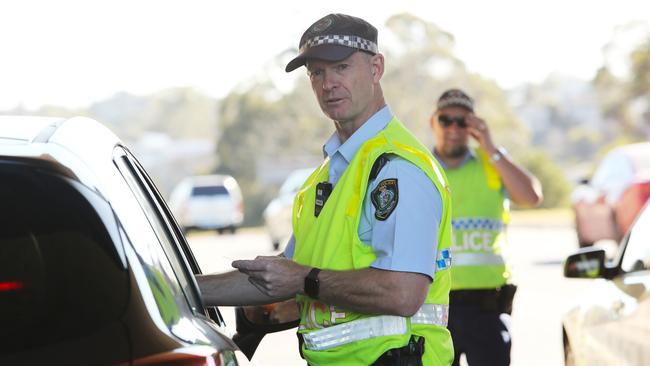
The decline in monthly average breath-testing rates has sparked anger from families who have lost loved ones in crashes involving alcohol, with warnings the reduction “sends the wrong message” to road users.
Danny Abdallah, who lost three of his children when they were hit by a drunk driver in Oatlands in 2020, said roadside breath-testing rates in NSW should be trending upwards rather than the doing the opposite.
“It’s not sending the right message and there needs to be more accountability for drivers when they get behind the wheel,” he said.
“We should be having a lot more breath-testing in the festive season and educating people on the risks.
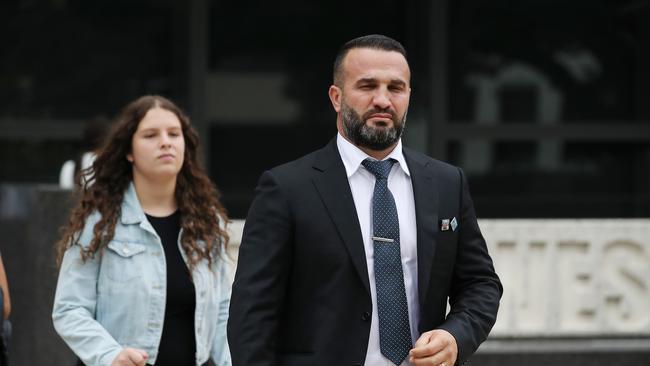
“Having roadside breath tests is a visible way of reminding drivers about drink-driving.”
The figures coincide with the number of people convicted of drink-driving offences in NSW hitting their lowest point since available records began in 2019, with 8657 charges proven in court during the latest 12-month period.
NSW Police said data showing the number of breath tests carried out in 2024 could not be compared to previous years because it did not capture figures from November and December, during which more than 368,412 breath tests had been performed over the Christmas period.
“The NSW Police Force continues to place huge focus on road safety and has a number of strategies in place to ensure the roads of NSW are safer for the community,” the spokeswoman said.
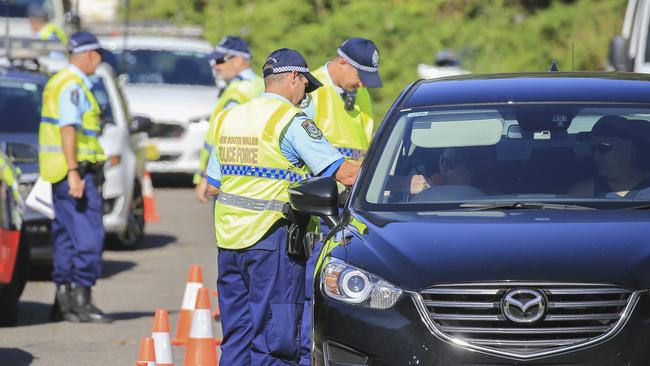
“The number of tests fluctuates based on intelligence and operational needs and capabilities, to ensure an ‘anytime, anywhere’ approach to policing drink- and drug-driving.”
NSW Police Association acting president Ian Allwood said addressing workforce shortages should be a top priority for the state government.
“Police branches will continue to prioritise calls for assistance to provide the most professional service possible to the public, but something has to give,” he said.
“If governments want police to keep producing roadside breath tests and crime-related figures that keep pace with community expectations, we need them to plan and resource the NSW Police Force.
Opposition police spokesman Paul Toole said “law and order is turning into a joke in NSW under the current police minister”.
“Less tests sends the wrong message about road safety, especially when you look at the last two years of fatalities in NSW being the highest they have been in the past 15 years,” he said.
“Families and communities have had their lives changed forever by those getting behind the wheel of a car who have been drinking either killing or injuring themselves or others on our roads. It’s simply not good enough.”
A total of 337 people were killed on the state’s roads in 2024 – down slightly from 340 the year before.
However, the number of people injured in road crashes increased, rising from 10,194 in 2023 to 10,596 in 2024.
Alcohol was a factor in 17.4 per cent of all fatal crashes on the state’s roads in 2023 – up 4.6 per cent from the previous year.
Motorist group NRMA has raised concerns over the decline in breath-testing rates, citing research which has shown visibility is the strongest deterrent for bad behaviour on the roads
At a press conference earlier this month, the state’s traffic and highway patrol commander, Tracy Chapman, vowed to increase road safety compliance over the holiday period.
”The holiday period is traditionally the busiest time of year on NSW roads and police will be out in force across the state to encourage compliance with the road rules,” she said.
The decline in breath tests follows the NSW Government setting an ambitious 10-year target to reduce deaths and serious injuries on the state’s roads by 30 per cent by 2030.





